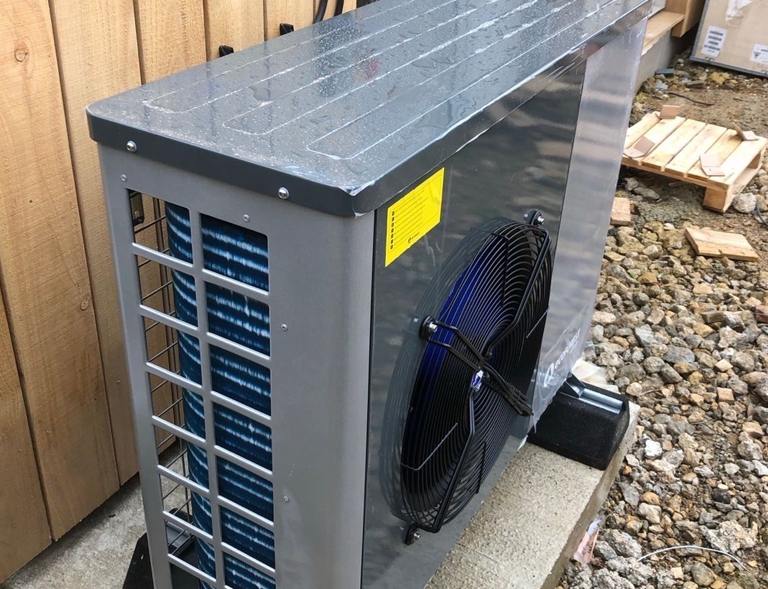Optimising Heat Pump Performance: Key Considerations for Efficient Heating and Cooling
May 2023

Proper Sizing
Proper sizing is an essential factor in maximising heat pump performance. Heat pumps come in various sizes, and choosing the right one for the heated or cooled space is crucial. If a heat pump is too small for the area, it will struggle to maintain the desired temperature and constantly run, leading to increased energy consumption and wear and tear on the system. Conversely, if a heat pump is too large for the space, it will cycle on and off frequently, reducing efficiency and potentially causing temperature fluctuations. Working with a qualified contractor to determine a heat pump's appropriate size and capacity is vital for optimal performance.
Installation Quality
The quality of installation also plays a significant role in heat pump performance. Poor installation can lead to leaks, inadequate airflow, nuisance noise, unnecessary heat loss and poor flow, compromising efficiency and increasing energy consumption. Working with experienced and qualified installers knowledgeable about proper installation techniques is essential. Quality installation includes correct pipe and emitter sizing, sealed weather-resistant pipe lagging, adequate clearance for airflow and maintenance, and water checks. Regular system maintenance and cleaning can also help prevent issues and ensure optimal performance.
Climate Considerations
The climate is another important consideration when it comes to heat pump performance. Heat pumps are effective in all environments, but choosing between ground and air sources can impact efficiency. An incorrect heat pump may need help maintaining the desired temperature in extreme heat or cold areas and require additional backup heating or cooling. It's essential to consider the climate and the specific heating and cooling needs of space when selecting a heat pump and designing the system for maximum efficiency.

Integration with Other Systems
Heat pumps can also be integrated with other heating and cooling systems for optimal performance. For example, a geothermal heat pump can be combined with a radiant heating system for efficient and comfortable heating in colder climates. Using a heat pump with a solar panel system can also reduce energy costs and environmental impact.
In conclusion, heat pumps offer numerous benefits for efficient and sustainable heating and cooling. By considering factors such as proper sizing, quality installation, climate, and system integration, professionals in the renewable heating industry can ensure that heat pumps are operating at peak performance. Optimising heat pump performance can help reduce energy consumption, save money, and protect the environment.
Quality training is the best place to start if you want to install heat pumps with your business. With our Ecoforest Academy, you can walk away with all the knowledge necessary for proper, efficient installations. Also, if you ever need advice, our experienced technicians are well-versed in design and on hand to help.